If you’re interested in accreditation or learning more about our process, please don’t hesitate to contact Accreditation Manager Derrick Jordan (601-391-4917) for additional details. We’re excited to assist you!
Mississippi Accreditation – The Beginning
On July 29, 2004, the Mississippi Law Enforcement Accreditation Commission (MSLEAC) was established, marking the inception of the state accreditation program. This initiative resulted from collaboration among the Mississippi Chiefs’ Association, Mississippi Sheriffs’ Association, and the Mississippi Department of Public Safety. The program drew inspiration from similar efforts in 17 states across all four regions of the United States.
Purpose
MSLEAC aims to provide Mississippi law enforcement agencies with professional standards at an affordable cost. By developing and managing this program, the Commission seeks to recognize and promote professional excellence within the law enforcement community.
Partnerships
MSLEAC benefits from relationships with other state accreditation programs in Georgia, Texas, Massachusetts, Florida, and New Jersey. These partnerships enable the adoption of national best practices for law enforcement. These standards address:
- Life, health, safety, legal, and other critical requirements impacting agencies and public interests.
- The reduction of significant risks and liabilities for agencies and employees.
Accredited agencies in Mississippi can further enhance their status by pursuing national recognition through the Commission on Accreditation for Law Enforcement Agencies, Inc. (CALEA) for standard or advanced accreditation.
Goals
The goals of both Mississippi State Accreditation and CALEA Accreditation include:
- Strengthening crime prevention and control capabilities.
- Formalizing essential management procedures.
- Establishing fair and nondiscriminatory personnel practices.
- Improving service delivery.
- Enhancing interagency cooperation and coordination.
- Boosting public and staff confidence in law enforcement agencies.
Major Objectives
Key objectives of the accreditation program are:
- Clarifying roles, responsibilities, and inter-agency relationships.
- Enhancing organization, management, and administration.
- Improving personnel administration.
- Strengthening law enforcement operations, operational support, and traffic law enforcement.
- Enhancing prisoner and court-related services.
- Expanding auxiliary and technical services.
Benefits
Accreditation provides several advantages, including:
- Lower liability insurance costs.
- Stronger defenses against lawsuits and citizen complaints.
- Enhanced accountability within the agency.
- Increased support from government officials.
- Greater community advocacy.
Accreditation Fees
The Mississippi State Accreditation program requires a $300 fee, payable to the Commission, which covers materials and the accreditation certificate. There is currently no annual fee. Agencies may incur additional costs for capital improvements, equipment, and assessor expenses during the two-to-three-day on-site assessment.
Compliance
Agencies must meet 140 standards for state accreditation during a two-year self-assessment period. These standards encompass law enforcement, communication, and detention functions within an agency.
“What, Not How”
Accreditation standards define what agencies need to achieve but leave the implementation details to each agency and its Chief Executive Officer. This approach ensures flexibility while encouraging adherence to professional best practices.
Getting Started
To begin the accreditation process or obtain more information, contact MSLEAC staff for an application package.
Director Jeff Johns
Email: jjohns@dps.ms.gov
